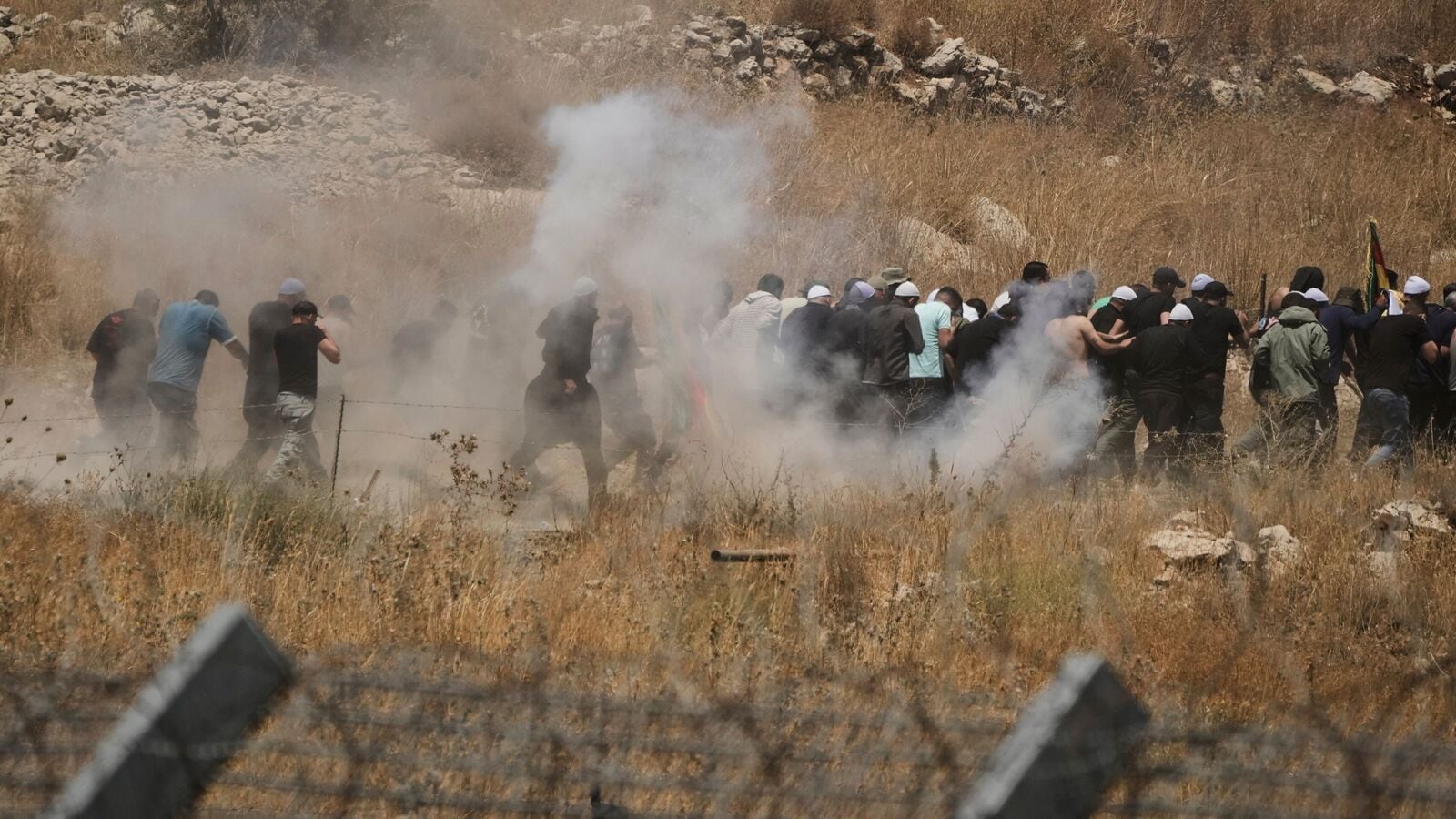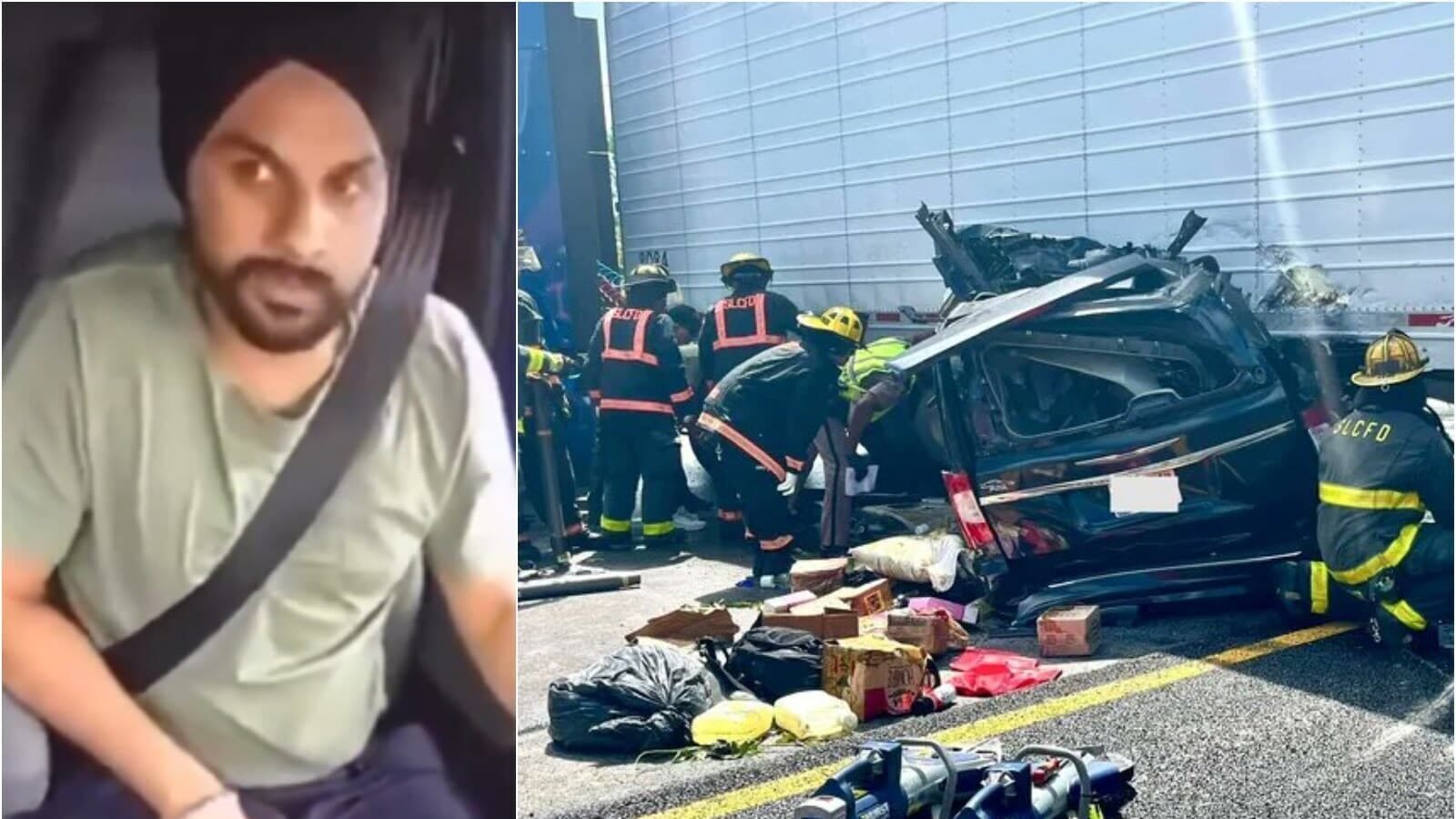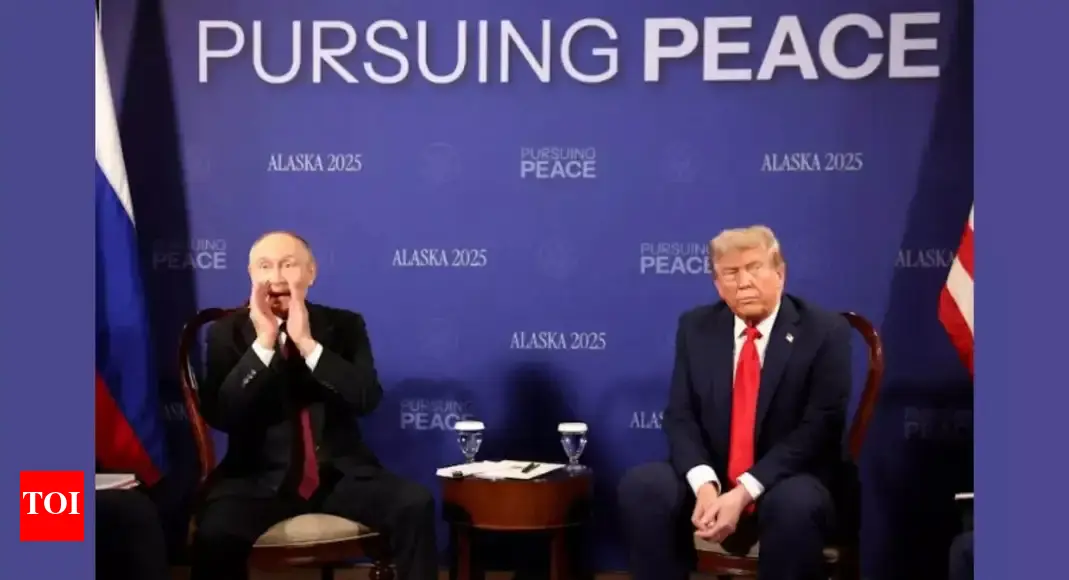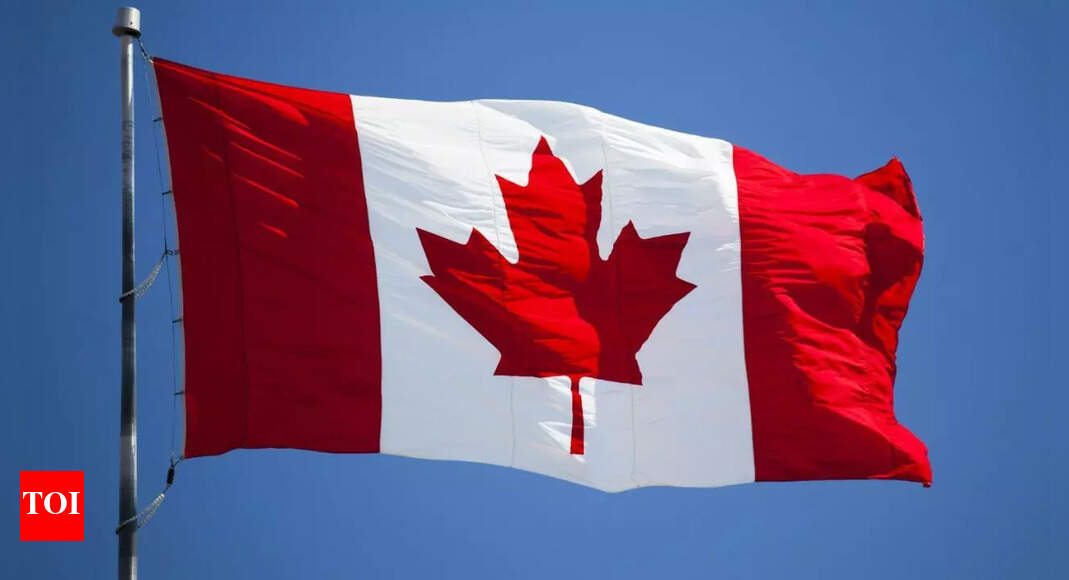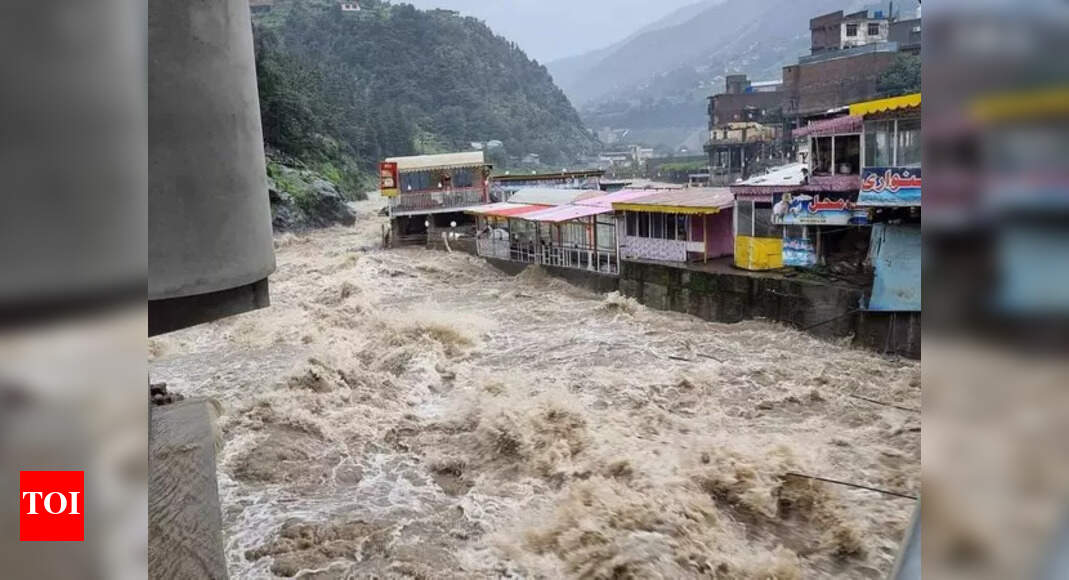US Secretary of State Marco Rubio expressed deep concern on Wednesday (July 16) over escalating violence in southern Syria, following a second consecutive day of Israeli airstrikes targeting Syrian government forces near the Israeli frontier.
“We’re very concerned about it,” Rubio told reporters in Washington. “We want it to stop. We’re talking to both sides, all relevant sides, on this, and hopefully can bring it to a conclusion.”
Tom Barrack, the US special envoy for Syria, said the United States was actively engaging with “all sides to navigate towards calm and integration.”
Tensions surge near Israeli-Syrian border
The renewed conflict centers around the southwestern Syrian province of Sweida, a predominantly Druze region, where armed clashes erupted earlier this week between Druze militias and government-aligned Bedouin fighters. Israel launched strikes on Syrian tanks and troops, claiming it was acting to prevent harm to the Druze minority and to enforce a demilitarized zone near its border.
According to a Reuters journalist on the ground, drones and at least four airstrikes were heard over the predominantly Druze city of Sweida. A damaged tank was seen being towed away, bursts of gunfire echoed through the city, and three bodies were observed lying on the ground. The violence, which erupted on Sunday, has already claimed dozens of lives.
Syria blames Israel
Syria’s foreign ministry condemned the Israeli strikes, saying it holds Israel “fully responsible” for the attacks and their consequences. The ministry vowed to protect all Syrian citizens, including the Druze.
A statement from the Syrian presidency said the country would take legal action against “anyone proven to have committed violations or abuses, regardless of their rank or position.”
Druze leader alleges ceasefire violation
Tensions spiked following a video statement from influential Druze religious figure Sheikh Hikmat al-Hajri, who accused Syrian government troops of breaching a ceasefire agreement.
“We are being subject to a total war of extermination,” al-Hajri said. “I call on all Druze to confront this barbaric campaign with all means available.”
Shortly after, Syrian Defense Minister Murhaf Abu Qasra announced a ceasefire and said government troops would only fire in self-defense. He also deployed military police to Sweida to “control military behaviour and hold violators accountable,” according to Syria’s state news agency SANA.
Despite the ceasefire declaration, Reuters reported ongoing shelling and violence in Sweida city, with Syrian army convoys entering neighborhoods and continuing to fire on residential areas.
‘Deep brotherhood’ with Druze community
In a joint statement, Israeli Prime Minister Benjamin Netanyahu and Defense Minister Israel Katz said Israel ordered strikes to defend the Druze and enforce a longstanding demilitarization agreement in southern Syria.
“Israel is committed to preventing harm to the Druze in Syria due to the deep brotherhood alliance with our Druze citizens in Israel,” the statement read. “We are acting to prevent the Syrian regime from harming them and to ensure the demilitarization of the area adjacent to our border with Syria.”
The Israeli military said on Monday it struck several Syrian tanks approaching Sweida to “prevent their arrival to the area” and mitigate potential threats to Israeli territory.
Sectarian tensions and fragile leadership
The violence marks a major challenge for Syria’s interim president Ahmed al-Sharaa, who has struggled to establish control since toppling Bashar al-Assad in December. Sharaa has received backing from the Trump administration but continues to face distrust from minority communities, especially after mass killings of Alawites in March.
The latest round of clashes between Druze fighters and government-aligned Bedouin militias has displaced thousands, and competing statements from Druze leaders have complicated efforts to stabilize the region.
Earlier Tuesday, Druze spiritual leaders issued a statement calling on militants to surrender and cooperate with incoming Syrian troops. However, al-Hajri later claimed the statement was “imposed” by Damascus and said Syrian forces violated the agreement by continuing to fire on civilians.

